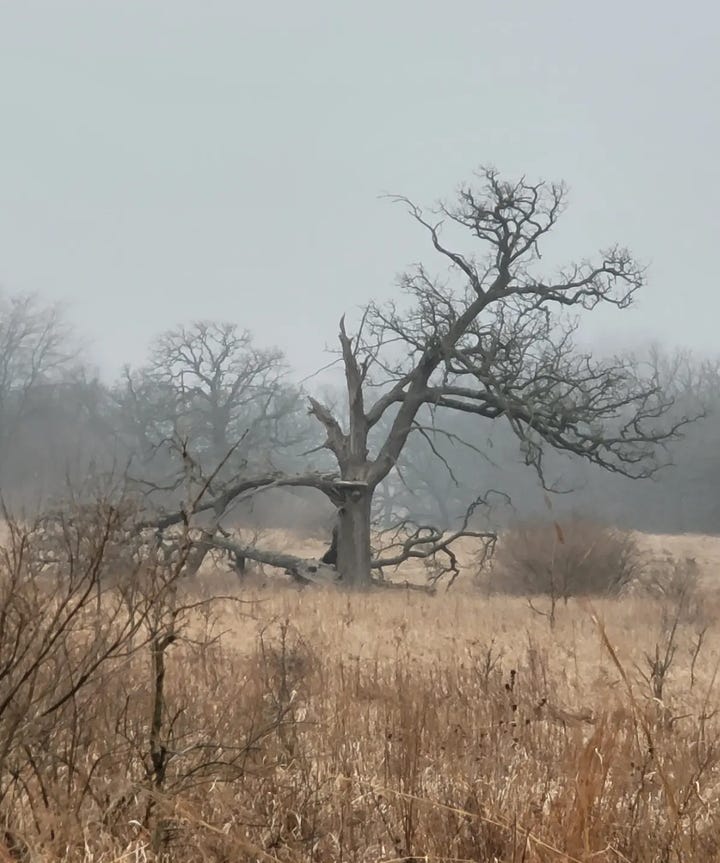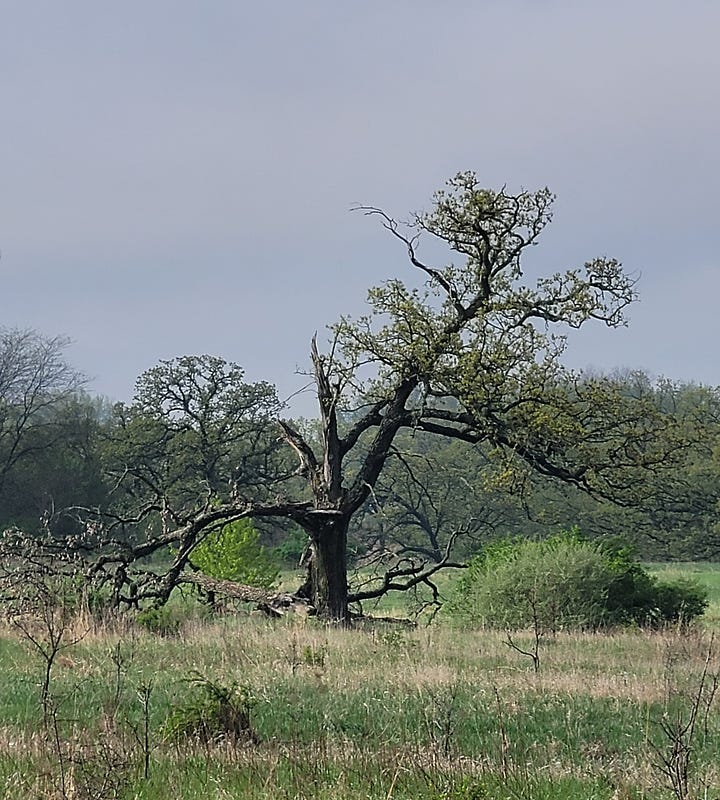

I crash landed in my body.
It was sideways intentional—I came across therapeutic approaches involving embodiment and then it naturally played out. In me-terms: I had no idea what it would mean to feel embodied, it simply sounded like something a person should try doing and when it happened…. I went ka-BOOM.
I have entered a deeper understanding of embodiment through three higher-profile thinkers in the order of their introduction: Dr. Thomas Hübel, Dr. Richard Schwartz, and Dr. Hillary McBride. I came across Dr. Hübl and Dr. Schwartz through a six-part seminar I enrolled in called Connect-Restore-Reclaim: Healing the Interconnected Legacies of Individual, Ancestral, & Collective Trauma. We’ve currently completed week two. A primary component of the work has been devoted to thinking of ourselves as an integrated one, instead of separate body-mind-spirit components. On Tuesday, I listened to a We Can Do Hard Things Podcast episode featuring Dr. McBride and the topic was centered on the importance of embodiment. In both situations, I found myself reflecting on the images of the tree featured at the top of this essay.
The tree seems to have been struck by a healthy bolt of lightning. There’s no way for me to determine when this happened, I’ve been walking by this tree for two years and only recently noticed it and took these photos. When the first image was taken, I suspected a portion of the tree was still alive, though I can’t explain why. Something about the tree whispered that it lived. When the spring-green erupted, I was oddly comforted. It was as though the tree dropped a metaphor in the forest and someone heard.
In between the two segments of the seminar, I unexpectedly crash landed in my body. It wasn’t intentional, though I had been speaking with a client about how sometimes people can have lived experiences outside of their body. They agreed, explaining how they regularly view their life as though they are sitting on the tippy-top of their head and have little or no physical awareness of their trunk and limbs. After the discussion, I repeated a meditative exercise from the first seminar and felt my mind thud into my shoes. My toes wriggled in my socks. It was weirdly unfamiliar.
Dr. Matthew Tull defines dissociation as “a disconnection between a person’s sensory experience, thoughts, sense of self, or personal history.” The disconnection is quite literal. I’ve had experiences that I remember from a place on a wall across the room from where my body was. How is that possible? Science doesn’t have an answer to that question. I hypothesize it may have to do with the human nervous system having abilities that go beyond our current understanding. All organisms have hyper-actualized responses to extreme events. The sensory capabilities of jellyfish are remarkable. As a reference to a dissociated person, a jellyfish has no body to concern themselves with.
Crash landing in my body has brought in a variegated sense of self. The client I mentioned says it feels like sitting heavily inside
their hips. Alternatively, I feel an irritated unease with many sensations entering in an ongoing layering and disintegrating fashion—like waves of jellyfish stinging from different directions and my noticing ebbs and flows. I don’t know how else to explain it.
There’ll be more understanding to come since I seem to fly out of my body regularly, inevitably bringing about more crash landings. It’s a version of dreaming the worst falling nightmare several times a day. The old question “If a tree falls in the forest and no one is around to hear it, does it make a sound?” seems applicable.
Of course, it does.
Ka-BOOM.
Follow along for more on this embodiment exploration. Most every week, I will be reviewing research, articles, podcasts, and books on this topic as a means of intentionalizing an embodied and evolving life experience.
References:
Bobrowski, M., 2023. If a tree falls in a forest, and there’s no one around to hear it, does it make a sound? National Science Teaching Association. nsta [dot] org.
Burns, M., & Cena, C., 2022. Jellyfish adaptions: lesson for kids. study [dot] com.
Doyle, G., McBride, H., 2023. How to follow the wisdom of your body with dr. hillary mcbride. Wecandohardthings [dot] com.
Hübl, T., 2023. Connect. restore. reclaim. with thomas hübl and dr. richard schwartz. thomashubl [dot] com.
Tull, M., Ph.D. 2022. What is dissociation? verywellmind [dot] com




There was SO much useful imagery in this article!! I listened to the podcast WCDHT too ... I found your analogy of crash landing in your body, the visualization of jellyfish (both as having no body and as stinging tsunamis) to be tremendously helpful in "getting" the experience from the outside in. I'm also obsessed with trees and have found your use of their imagery (in previous writings as well) to be impactful. I'm more than a little bit in awe that you are able to keep up with all this reading, classwork, studying, meditating, working , living,etc.. lol!!